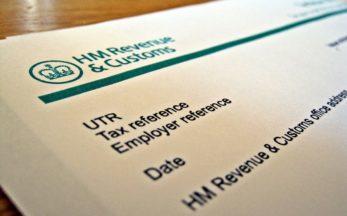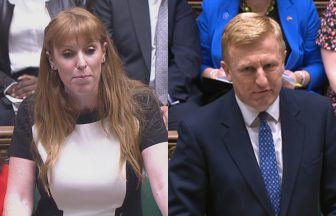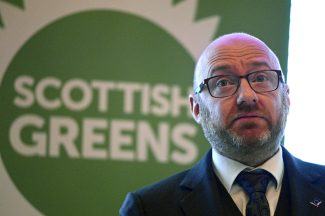Ever since the Chancellor Rishi Sunak announced a manifesto-breaking rise in national insurance, the government has come under sustained attack on the issue.
It’s not just that the so-called party of low tax materially misled voters back in 2019 or determinedly Conservative commentators write in tones of betrayal or that the man announcing the rise apparently refers to it as ‘the prime minister’s tax’.
All of these points are germane enough, but they are not the most pertinent reason for asking whether the planned rise will actually happen in Apri.
When it was announced, the full extent of the huge hikes in energy bills yet to come had not crystallised. Inflation was on the increase, but it is now predicted to be far higher and for far longer than initially feared. Council tax rises will add to the misery on top of the huge increases in refuelling the family car.
Add to the mix the fact that pay awards for 2022 were agreed in the last quarter of 2021 when the full scale of the cost-of-living crisis was not yet known and consumers are in for a torrid time come the second quarter of this year.
What makes the innocently sounding national insurance hike of a mere 1.25% so contentious is the amount the government will take from pay packets. It will cost someone on £30,000 an extra £255 per year, someone on £40,000 a further £380 and someone on £50,000 another £505 more. In short, it is the measure that turns the financial thumb screws.
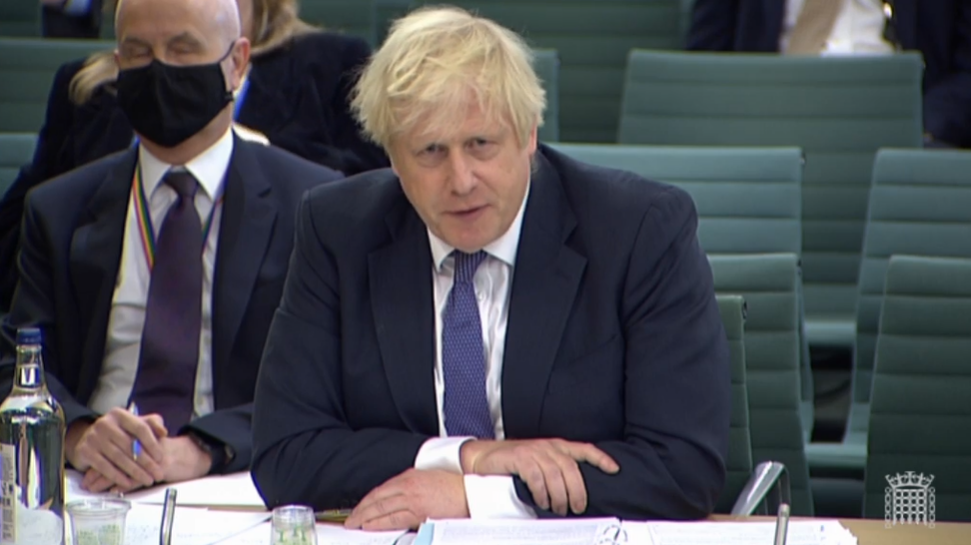 Parliament TV
Parliament TVArguably, the energy companies have no choice but to hike bills, given where wholesale prices have landed. Inflation is driven in part by higher costs outwith the control of suppliers. Local councils, already stretched in providing services, have no option but to gather more money.
The softest target, therefore, in helping to neutralise the crisis is the national insurance increase. The case for delaying it for at least a year appears unarguable.
A grace period would allow the Bank of England to get inflation back under control. Energy bills are predicted to be high for at least two years, but at least falling bills might be on the horizon if the national insurance hike is postponed to 2023.
That Conservative MP of mostly independent mind, David Davis, argued this morning that the NI increase has to go. Davis is probably more attuned to the angst of the average Conservative voter than what appears to be an increasingly out-of-touch cabinet. Ministers would do well to listen rather than show impatience with someone they no doubt regard as a serial malcontent.
Of course, this all comes as Conservative MPs await Sue Gray’s report on the partying culture in Whitehall in the age of lockdown. The Prime Minister’s fate may well be in her hands as her conclusions act as a catalyst for Boris Johnson’s demise.
Much of the chatter is whether Johnson is the man to lead the Tories into the next election. In a sense, the cost-of-living crisis is the elephant in the room, since whoever leads the Tories in the coming months, long-term success will be determined by how they deal with the crisis in household budgets.
If a material downturn in living standards has been greased by a tax increase from a Conservative government, many who traditionally support the party will ask ‘what’s the point if they can’t be trusted on tax?’.
‘Greater potency than partygate’
Partygate is an issue that strikes principally at the integrity of the Prime Minster. It is bound up in personality politics, albeit one with wider questions about the standing of the government.
The national insurance issue is, however, of greater potency in electoral terms since it goes directly to the living standards of almost every voter who is in work.
It has, therefore, the capacity to be of lasting damage in a way that Partygate is unlikely to resonate once the fate of the Prime Minister has been decided.
If Boris Johnson survives the coming week, he has a huge credibility gap to close with the voting public. His greatest asset with much of middle England has been his personality, which hints at an unconventional anti-politics.
His problem is that those attracted by him weary at mounting evidence suggesting everything he touches turns to chaos.
Cancelling the national insurance hike would win back a section of the right-wing commentariat, but more importantly win back some much needed goodwill from Tory voters in search of hard evidence that their party can be trusted on tax.

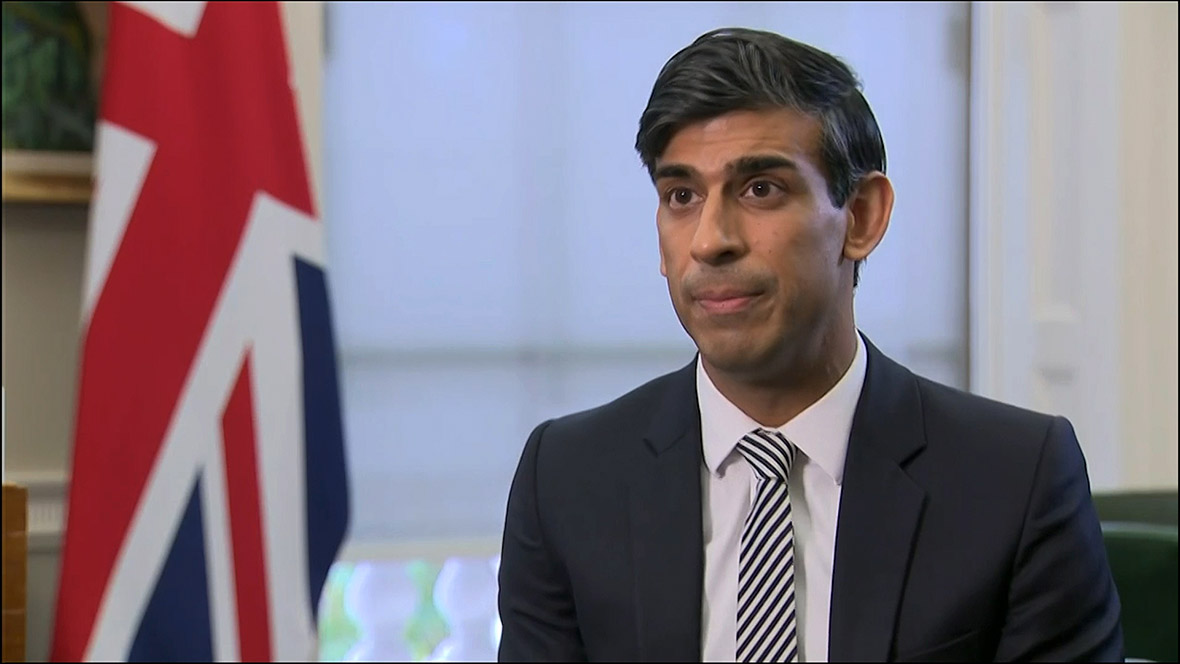 STV News
STV News











